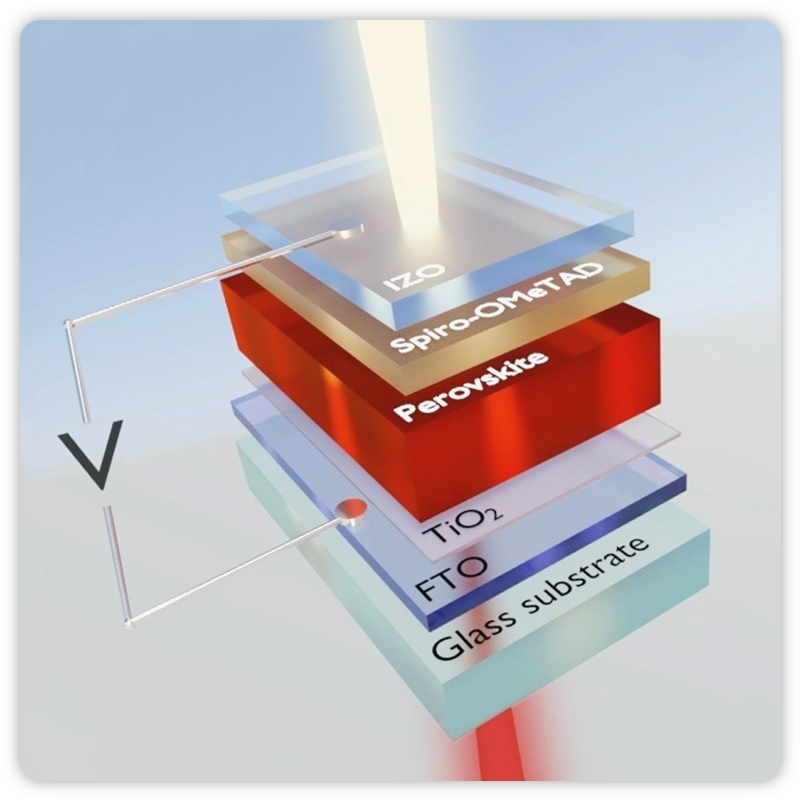For the first time, the surface genetic regulation mechanism of T-cell lymphoma is revealed
-
Last Update: 2020-12-09
-
Source: Internet
-
Author: User
Search more information of high quality chemicals, good prices and reliable suppliers, visit
www.echemi.com
Recently, the Chinese University of Science and Technology School of Life Sciences Medical Center and the Chinese Academy of Sciences Natural Immunology and Chronic Diseases Key Laboratory Professor Yan Kun team, together with Stanford University Howard Chang Laboratory, for the first time revealed the appearance of T-cell lymphoma (CTCL) genetic regulation mechanism. The study
published June 15 in the international journal Cancer Cell.
Gene regulation is a complex system in which genetic and presotic genetic modification work together, and the in-depth study of the patient's pregenital genome is of great scientific significance for understanding the pathogenic mechanism of many diseases at the molecular level, optimizing diagnosis and treatment programs. Using a new technique called ATAC-seq, the authors used human T-cell lymphoma (Cutaneous T cell lymphoma, CTCL) to study the personalized oscillosocular genetic regulatory mechanisms of CTCL patients and their decisive role in drug sensitivity.
CTCL is a relatively rare complex disease caused by cloning of T lymphocytes, a late-stage CTCL such as Sézary syndrome, in which cancer cells can metasns into the bloodstream, leading to T-cell leukemia, a very deadly disease. By streaming the CD4 plus T cells in the fresh blood of normal people and patients, the authors used ATAC-seq technology to quickly detect chromatin open bits of trace living T lymphocytes in normal people and patients, integrated various histological data and bio-information analysis techniques, deeply analyzed CTCL's surface genetic fingerprints, and constructed CTCL tumor specificity, patient specificity and cell-specific gene regulation network. The authors also studied the dynamic regulatory mechanisms of patients' drug sensitivity by tracking the exogenation status of patients at various points in time during the treatment of histoprotein deacetylase inhibitors (HDACi) anticancer drugs, and accurately predicted the patient's sensitivity to HDACi anticancer drugs on a time scale. This paper is the first real-time construction of cancer personalized surface genetic regulation network, on the one hand, for the study of other diseases personalized surface genetic regulation mechanism set up a template, on the other hand, for patients with precision medical solutions to provide a scientific basis, so it is very important to promote the development of precision medicine.
Yan Kun is the first author of the thesis, and the Chinese University of Science and Cymr is the first unit. Lab undergraduate Yu Yongxuan and experimenter Jin Chen were also involved in the work. The research was supported by funding from the Central Group Department, the Ministry of Science and Technology, the Fund Committee, the Chinese Academy of Sciences and the Chinese University of Science and Technology. (Source: China University of Science and Technology
This article is an English version of an article which is originally in the Chinese language on echemi.com and is provided for information purposes only.
This website makes no representation or warranty of any kind, either expressed or implied, as to the accuracy, completeness ownership or reliability of
the article or any translations thereof. If you have any concerns or complaints relating to the article, please send an email, providing a detailed
description of the concern or complaint, to
service@echemi.com. A staff member will contact you within 5 working days. Once verified, infringing content
will be removed immediately.







